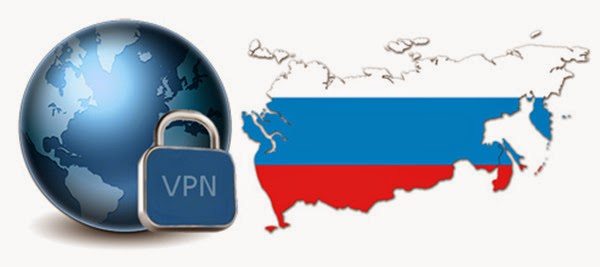A draft legislation, passed by the Russian authorities, against services that provide access to blocked websites has been moved to the State Duma. The bill pushes ISPs to identify such services and compel their hosts to hand over the actual details of those accessing the blocked content.

Website blocking at ISP level has become quite a turmoil in Russia. Thousands of domains have been blocked owing to a number of issues such as copyright infringement or extremist materials. As a result, users across the country have started using VPNs, proxies, mirror sites, dedicated services such as Tor for bypassing the blockades and accessing the unauthorized content.
Though all these measures are being deployed globally, Russia sees them as a form of defiance and has been battling to limit their effectiveness. Earlier this earlier, a draft bill was formed in a bid to take down such systems.
Now, the said bill has been submitted to the State Duma, the lower house of the Russian parliament. If passed, all services circumventing web blockades by routing traffic of Russian Internet users through foreign servers, anonymous proxy servers, virtual private networks and other means will be deemed illegal.
As one can expect, the legislation requires Russian telecom watchdog Rozcomnadzor to track down the banned domains, while identifying the sites, services, and tools that can be used for providing access to them. Once identifying part is over, Rozcomnadzor will be sending notices to their hosts, giving them a 72-hour deadline to give away the actual details of their operators.
The host will get another three days to stop people running these services from providing access to the banned domains. In case, any operator fails to comply within a month, all ISPs will be ordered to block access to the service and its web presence, thereby taking it off the internet.
That said, VPN providers and proxies could filter out traffic to the banned domains for continuing their existence. We still don’t know how this affects Tor, but one thing’s pretty much confirmed, the move has drawn widespread criticism from internet-savvy users across Russia. Even websites offering circumvent-cable software could be blocked if they keep offering the tool despite numerous warnings from the authorities.
Other Changes From The Bill

Among other things, the proposed legislation also targets the search engines that provide links to the banned resources in their indexes. Meaning, if this bill gets passed, biggies like Google and Yandex will be forced to remove all links to sites Rozcomnadzor’s ban list, making it nearly impossible for the users to access the blocked content.
In response to this move, Yandex claimed if a site has already been blocked by the ISPs, its link appearing in search results is of no use.
A Yandex spokesperson said, “We believe laying responsibilities on search engines is superfluous. Even if the reference to a resource does appear in search results, it does not mean that by clicking on it the user will get access, if it was already blocked by ISPs or in any other ways”.
For now, there’s no word on an approval, but Internet-savvy users across the country are hoping it doesn’t get passed at any cost.
